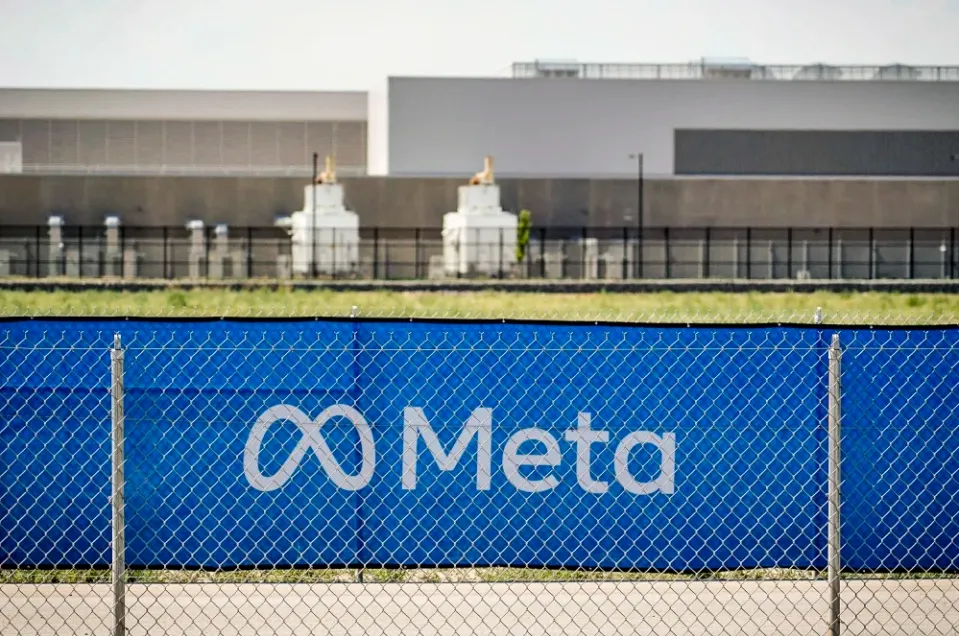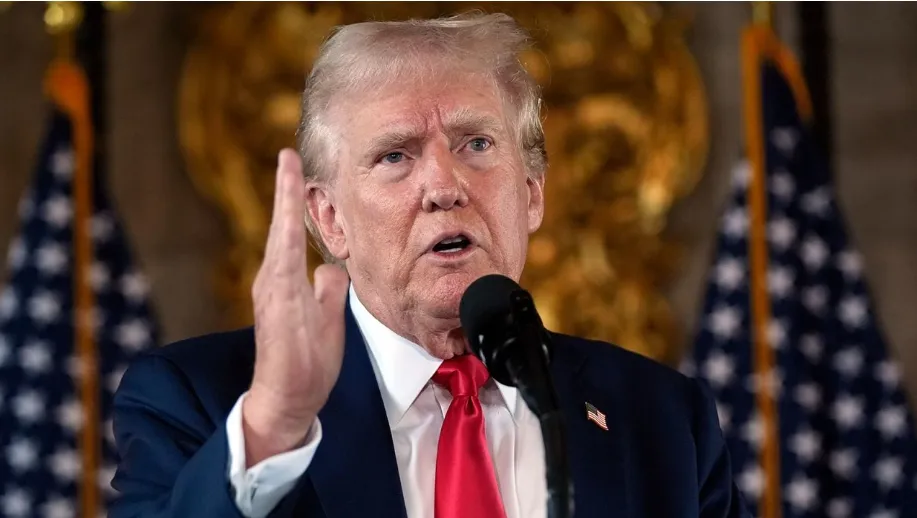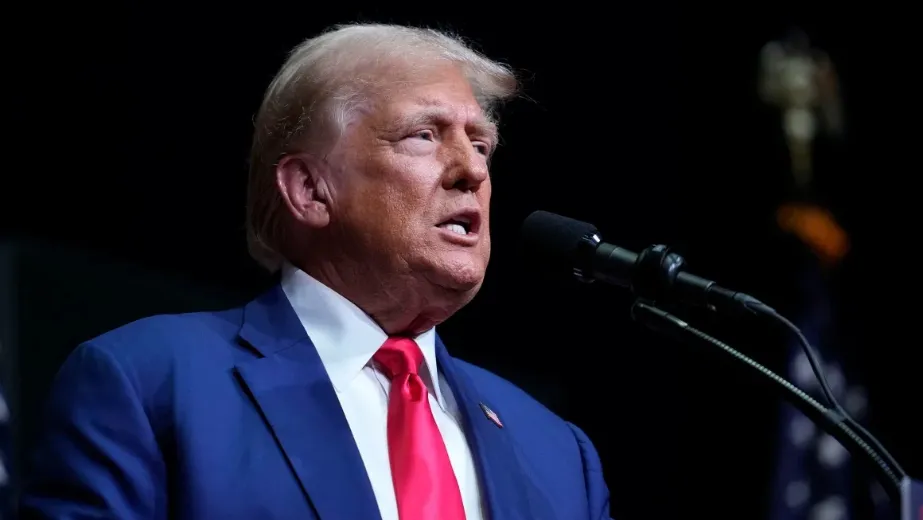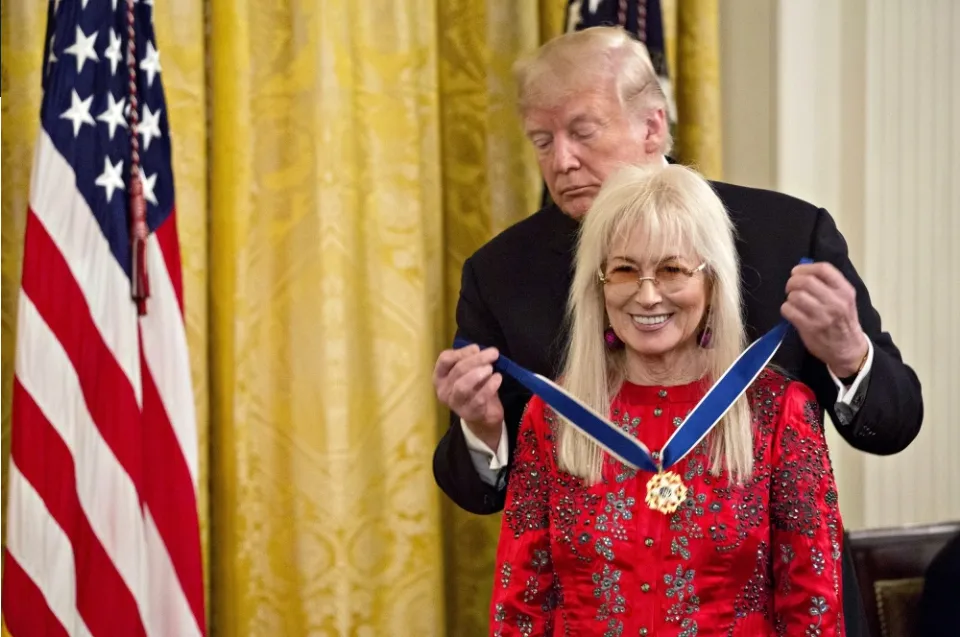Meta describes six new influence operations conducted by groups in Russia, Vietnam, and the United States.

On Thursday, Meta stated that pro-Russian propagandists are continuing their efforts to influence the American public ahead of the 2024 presidential election, although it is unclear what impact they are having.
In the company’s latest quarterly Threat Report, which is the last of its kind before the November election, Meta reported that it had dismantled five separate Russian propaganda campaigns over the past three months. The report details influence campaigns from groups based in the United States and Vietnam, without delving into specifics about who may be funding these activities.
Meta noted that three of the five campaigns partially targeted Americans or English speakers, with each of those campaigns focusing on criticizing Ukraine and any support for its defense against Russia, which invaded Ukraine in 2022. Some campaigns detailed by Meta also targeted Ukrainian and French speakers. While Meta did not directly link these operations to the Russian government, it stated that one of them was an ongoing campaign that the U.S. had previously approved, indicating it was receiving orders from the Kremlin.
According to Meta, one of the campaigns targeting English and French speakers heavily relied on artificial intelligence to generate fake articles. Most of the articles were innocuous, but some occasionally turned sharply critical of the Democratic Party for funding aid to Ukraine instead of domestic priorities.
The second campaign focused on social media accounts linked to a seemingly fake advisory group that warned about Ukrainian migrants and claimed that the Ukrainian government had failed to protect its citizens. This group spent around $41,000 on advertising, and its pages had about 23,000 followers, making it one of the larger operations.
The English-language campaigns align with recent findings from the U.S. intelligence community. In a media call in July, intelligence officials stated that the Kremlin's current objective in influencing Americans is to undermine candidates supporting aid to Ukraine in its conflict with Russia, such as Democratic presidential candidate Kamala Harris, and to promote candidates who want to end or cut that aid, like Republican presidential candidate Donald Trump.
Notably, Meta's investigation began based on a tip from the FBI, the company stated. The FBI’s foreign influence task force regularly alerts U.S. social media companies when the U.S. intelligence community identifies foreign influence operations targeting Americans. This activity had been suspended for several months last year following a lawsuit by Republican state attorneys general against the U.S. government, as first reported by NBC News. The FBI resumed its efforts in March, and the Supreme Court dismissed the lawsuit in June.
The third campaign highlighted by Meta is a broad Russian propaganda effort that has been ongoing for at least two years. In March, the U.S. sanctioned two Russian companies for their alleged roles in propaganda operations, stating that they had concealed their relationship with the Kremlin. Meta noted that this campaign was random, often posting about unrelated topics like Kanye West, self-help, and recipes, but linking back to fake news websites promoting Russia's narrative on the war in Ukraine.
David Agranovich, Meta's director of security policy regarding threat mitigation, warned in a pre-report press briefing that the persistence of propagandists does not mean they can change anyone's mind. “I think we all need to remember that mere presence does not equal influence,” he said.
However, Agranovich noted a significant shift, highlighting a move away from trying to incite culture wars toward primarily focusing on supporting Ukraine. He stated, “As the war continues, I think we should expect to see Russian efforts aimed at election-related debates, especially when it comes to support for Ukraine.”
Meta, the parent company of Facebook, Instagram, and Threads, is the only major U.S. tech company that publishes detailed quarterly summaries of foreign propaganda campaigns it has removed. The company’s policy is not to control the content users share on its platforms but to identify and eliminate "coordinated inauthentic behavior" or deceptive efforts to influence users through multiple accounts.
In its report, Meta also mentioned it had removed a network of Vietnamese individuals running accounts critical of Qatar. Meta stated that it believes this campaign was a hired operation but did not specify who may have hired the Vietnamese network. Meta also noted an influence operation run by Americans, called the Patriots Run Project, aimed at convincing domestic conservatives in swing states to challenge establishment Republicans in various elections. It remains unclear who is behind that operation.



